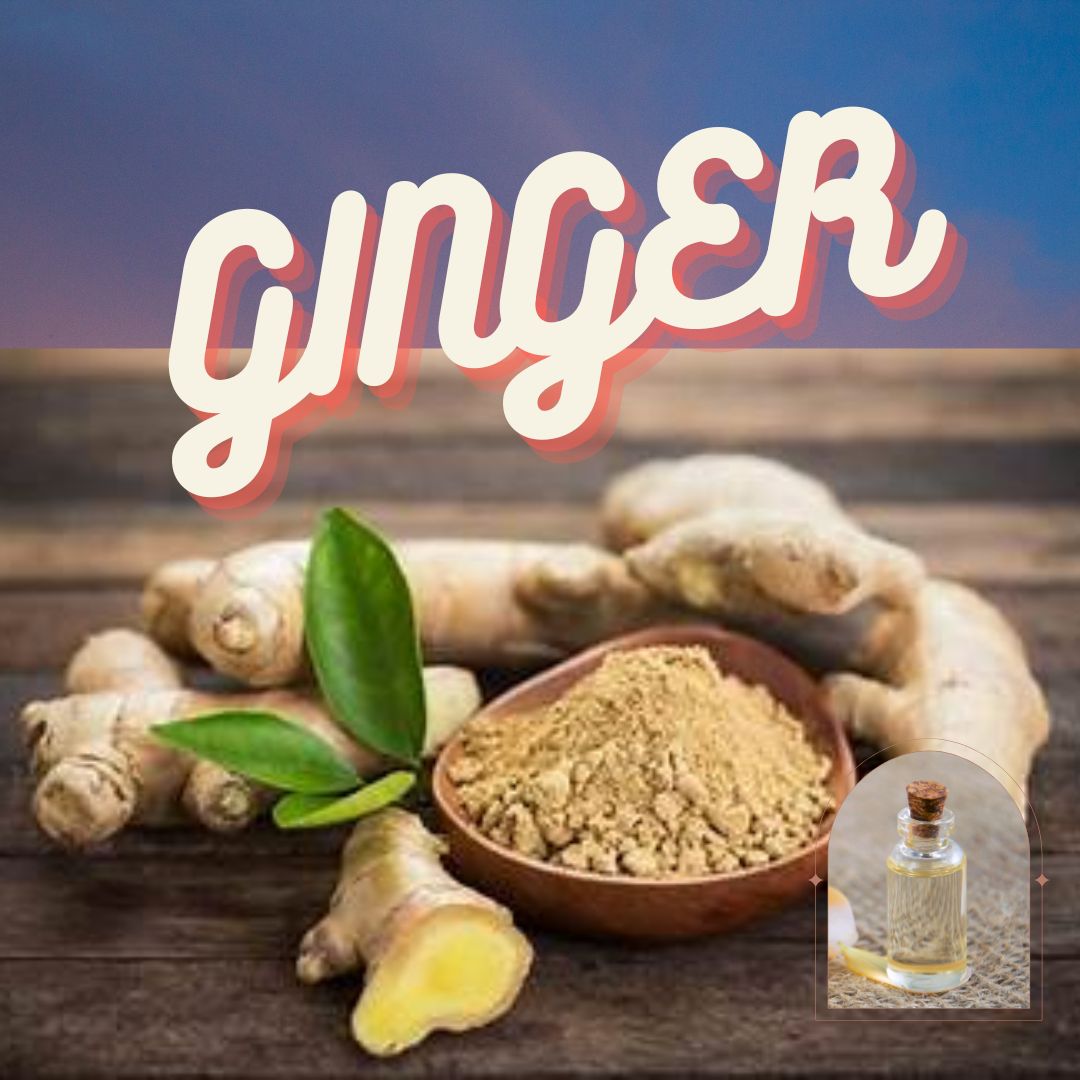
Ginger's Green Journey: Unveiling the Health Benefits, Essential Oil Magic, and Home Remedies
Share
Growing Ginger:
Selecting Ginger Rhizomes: Purchase fresh, plump ginger rhizomes from a reliable source. Look for pieces with well-developed eyes (buds) which indicate potential growth.
Soil and Container: Ginger prefers well-draining, loose soil. Use a container with good drainage holes to prevent waterlogging. A pot that is at least 12 inches deep is recommended.
Planting: Plant the ginger rhizomes with the eyes facing up, about 2 to 4 inches deep in the soil. Space multiple rhizomes at least 8 inches apart.
Watering: Keep the soil consistently moist but not waterlogged. Ginger likes a humid environment, so regular misting can be beneficial, especially in dry climates.
Light: Ginger prefers partial to full shade. Indirect sunlight or dappled sunlight is ideal.
Temperature: Ginger thrives in warm, tropical conditions. If growing indoors, maintain a temperature of 75-85°F (24-29°C).
Fertilizing: Use a balanced, organic fertilizer once a month during the growing season.
Harvesting: Ginger can be harvested when the plant is about 8-10 months old. Carefully dig up the rhizomes, taking care not to damage them. Save a few pieces for replanting.
Benefits of Growing Ginger:
Health Benefits: Freshly harvested ginger contains more nutrients and may offer various health benefits, such as anti-inflammatory and antioxidant properties.
Cost-Effective: Growing ginger at home can be cost-effective compared to buying it regularly from the store.
Sustainability: Homegrown ginger reduces your reliance on store-bought produce, contributing to a more sustainable lifestyle.
Using Ginger as Essential Oil:
Extraction: Ginger essential oil is typically extracted from the rhizomes through steam distillation.
Aromatherapy: The oil can be used in aromatherapy to promote relaxation, alleviate nausea, and reduce stress.
Topical Application: Diluted ginger essential oil can be applied topically to help with muscle aches and joint pain.
Home Remedies with Ginger:
Ginger Tea: Boil fresh ginger slices in water to make a soothing tea that can help with digestive issues, nausea, and cold symptoms.
Ginger Compress: Create a warm ginger compress by soaking a cloth in ginger tea and applying it to sore muscles or joints.
Ginger and Honey for Sore Throat: Mix ginger juice with honey to create a natural remedy for soothing a sore throat.
Ginger Infused Oil: Infuse ginger into oil for massage or as a base for homemade salves to relieve muscle and joint pain.
Remember to consult with a healthcare professional before using ginger for medicinal purposes, especially if you have any underlying health conditions or are pregnant.
